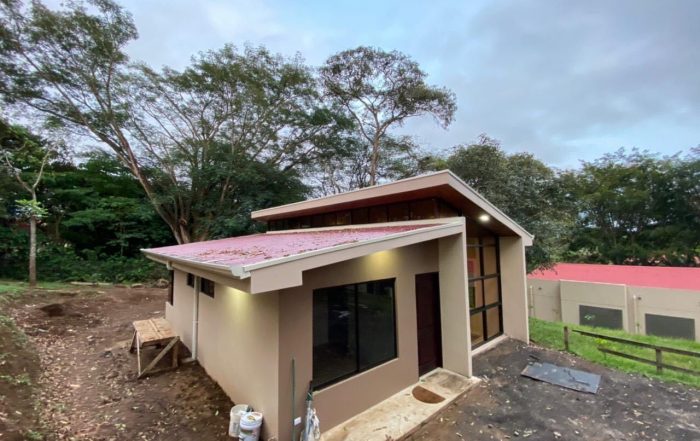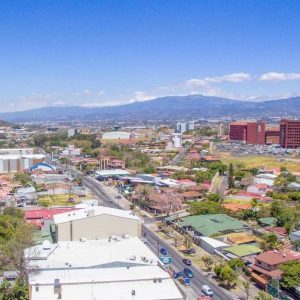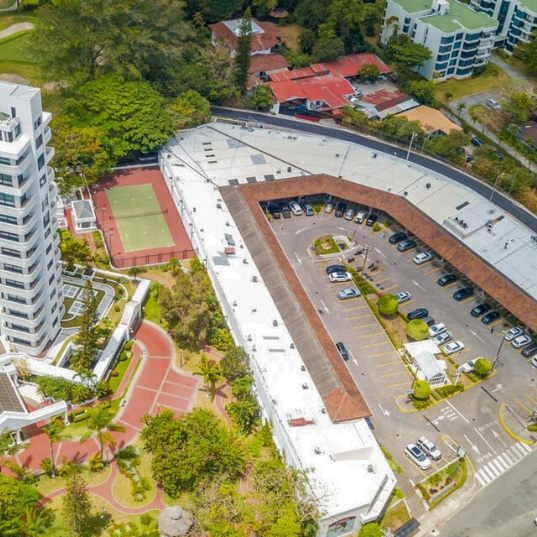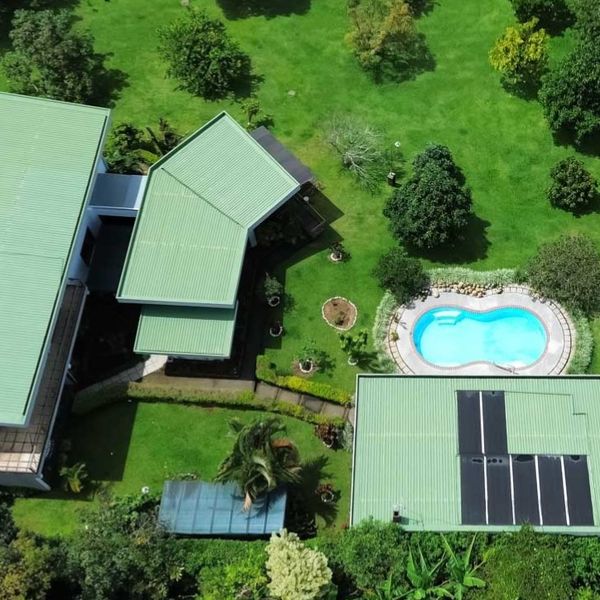Costs Before the Transaction:
Sale Preparation
This first cost is of great importance because it covers the conditioning of the property for sale. This would be to fix what is damaged, paint what is already worn out, and keep the house presentable. An example of this would be in the case of selling a lot; the grass will have to be cut and maintained to make it look presentable and thus be sold. If this is not done, it is likely that the negotiation (if reached) will be punished, because even in the first visit you can see repercussions of not fixing the property since you could lose the client.
Costs to Offer an Available Property
This cost is not only that of the mortgage; in fact, if a property has some type of lien or is in a trust, these obligations must be eliminated before the real estate can be sold. Generally this can be a cost that the owner does not anticipate because trusts have a set of rules under which the property can be released and this can extend the sale process. Likewise, other costs of offering free property could be land and municipal taxes, pending condominium fees, or partnership taxes.
Legal Advice
This cost depends on the needs you have as a homeowner and are separate from transaction costs. For example, if you need legal advice on legal processes, to review the sales contract or others; this cost is separate from the transaction cost and must be fully covered by you.
Costs During the Transaction:
Transfer Costs
The transfer cost can be negotiable between the two parties. The law does not stipulate who must cover these expenses, only that the costs must be covered. These include: stamps (approx. 1.3%), transfer tax (1.5%), fees (staggered 1-2%), and escrow (0.25% or from $ 400) and so on. It is customary for the buyer to cover these expenses, but they are fully negotiable between the two parties and can influence other aspects of the transaction. For example, a buyer can bid with a more aggressive price but covers the transaction costs in full, so it all depends on the negotiation.
The value of a real estate consultant is very important, as he can determine the course of the sale of your property. An advisor knows the state and type of the market, how to navigate it, how to handle a potential client, what to do to sell your home, etc. This advice is invaluable, and facilitates the entire transaction process for you as the owner. The commission will be determined by said advisor and his company, in addition to the fact that VAT must be covered. This cost is non-negotiable, especially the legal cost.
This cost is non-negotiable and it falls directly to the owner; This will not be paid only if the property sold was the primary residence and not an additional productive lot or farm. If the real estate sold was land on which the owner did not live, then he must pay this tax. This cost can be 2.5% of what is left on the books of the transaction or 15% of the profit.
Generally these costs are not financial or legal, but maintenance and other contingencies. For example, the cost of maintaining a house (keeping it presentable), the costs of canceling basic services, or moving costs.
























